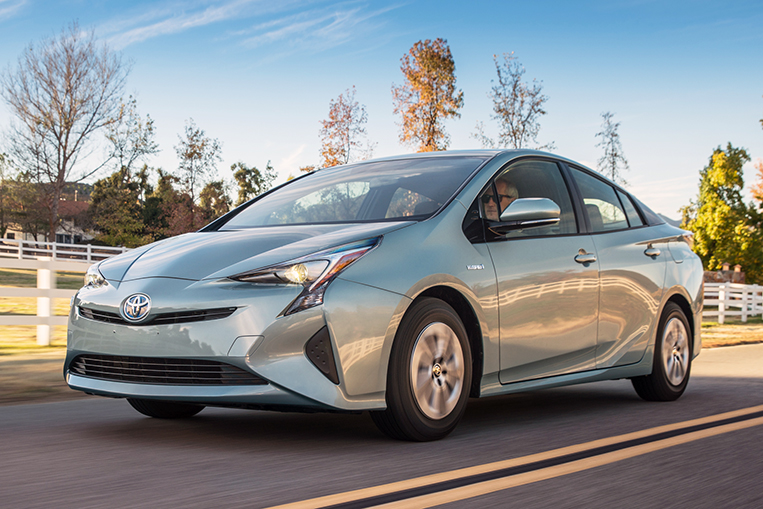
Last week, we went to Singapore to attend “Nissan Futures,” a symposium that discussed the results of a study commissioned by the Japanese automaker. The study—called “The Future of Electric Vehicles in Southeast Asia” and conducted by the market research firm Frost & Sullivan—found that 37% of car buyers in the region are now open to the idea of purchasing an electric vehicle.
Make no mistake: This is Nissan already stretching its limbs as it prepares to dominate the next chapter of the auto business. And that chapter has “EV” in bold capital letters written all over it. And since Nissan has a successful full-electric car in the Leaf, it wants the whole world (especially Asia) to know that it is ready and able to provide everyone with gasoline-free mobility.
But not so fast, says rival Toyota.
Just a few days before Nissan’s big event, Toyota had dropped a press release which we feel was a subtle dig at the competition. The headline said it all: “Toyota sells 1.52 million electrified vehicles in 2017, three years ahead of 2020 target.”
And here’s an excerpt from the statement:
Since the introduction of its first commercially available electrified powertrain on the Prius in Japan in 1997, Toyota has worked at improving the technology as the basis for its electrification efforts, having launched the first mass-produced Fuel Cell Electric Vehicle, the Mirai, in 2014, the fourth generation of the Prius in 2016, and the second-generation Prius Plug-In Electric Vehicle in 2017. The company will continue the development and diversification of electrified vehicles as it now turns its sights to include the mass production of battery electric vehicles from 2020, starting in China and India, followed by Japan, the United States and Europe.
We don’t know about you, but we read the above in this translation: “Never forget that we have been manufacturing vehicles equipped with electric motors for two decades already. Not sure what the big deal is about some cute electric car introduced only in 2010. Oh, and by the way, our cool electric battery is on its way (love you, Panasonic), so you can expect us to continue being awesome in the Electric Age of motoring.”
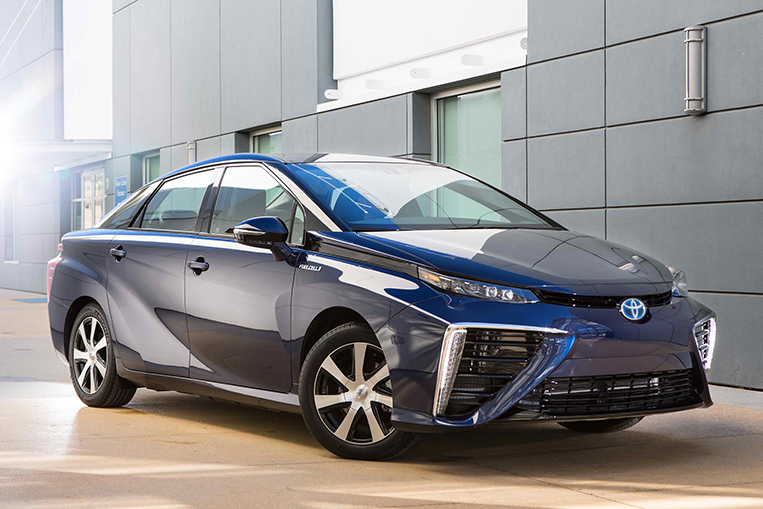
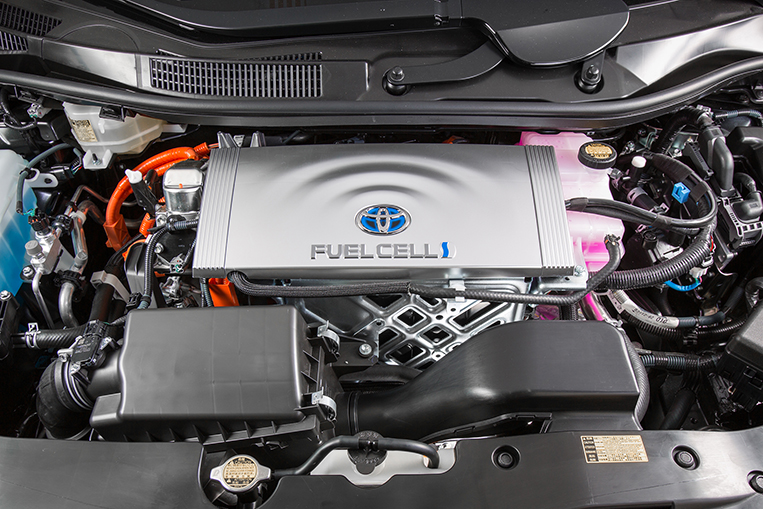
It’s easy to imagine Toyota being wary of Nissan these days. Everyone is talking about electric vehicles, and the most popular EV right now happens to be the Leaf. Toyota has poured a lot of its R&D resources into the Mirai, but no one seems to be following its lead into fuel-cell territory.
Toyota doesn’t really have a true full-electric vehicle it can call its own—the RAV4 EV was equipped with Tesla propulsion—and most of its “electrified” cars are hybrid models. The company knows it has some catching up to do in the field of EVs. Precisely why it has partnered with Panasonic for the development of prismatic-cell batteries.
Even so, there is no denying Toyota’s major contribution to the EV revolution. Having now sold a total of 11.5 million electrified vehicles since the 1990s, Toyota can actually lay claim to having been mainly responsible for educating the global motoring public about the benefits of zero-emission electric motors.
So yeah, we really think the gist of Toyota’s press release was: “You’re welcome, Nissan.”

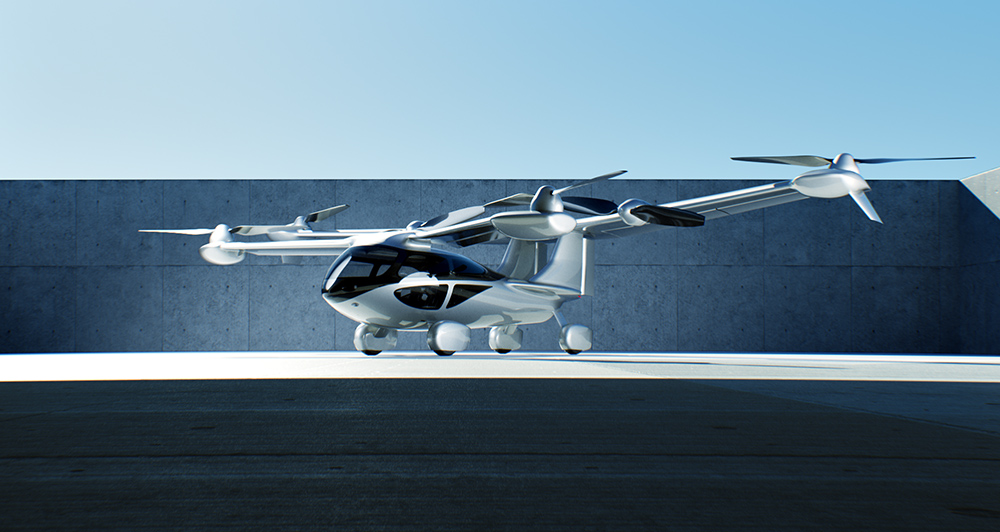
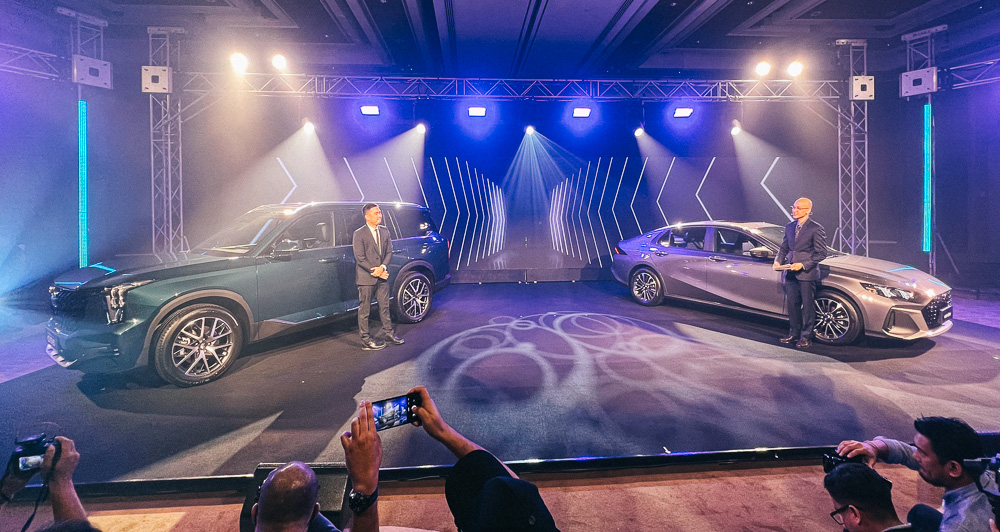
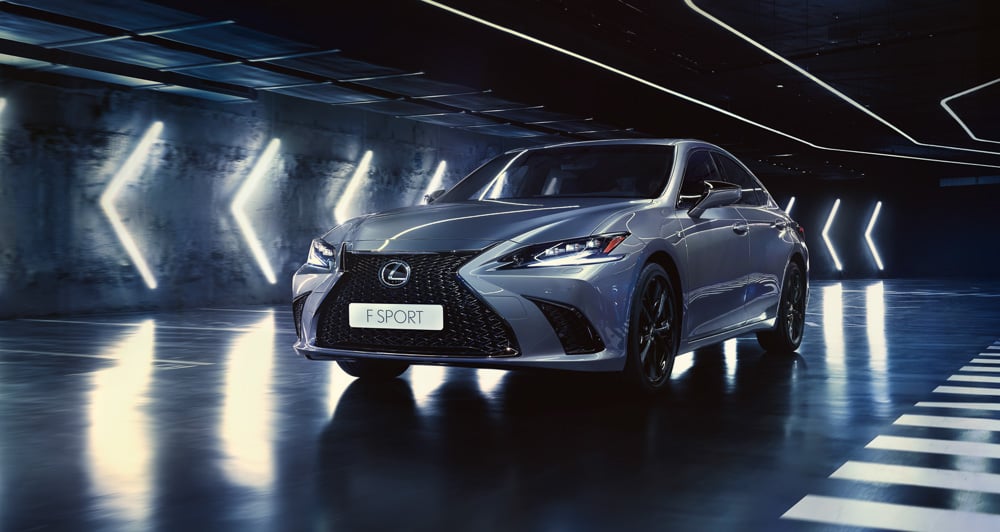

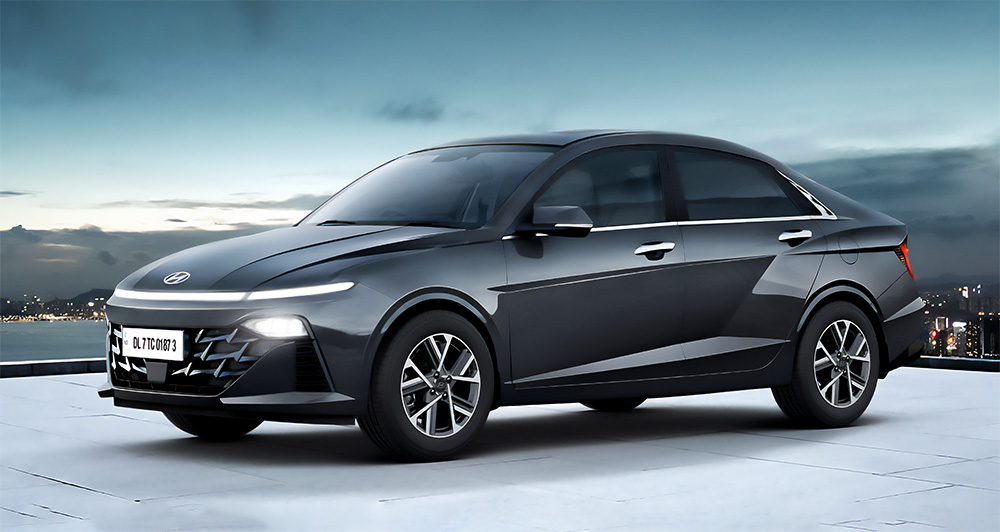
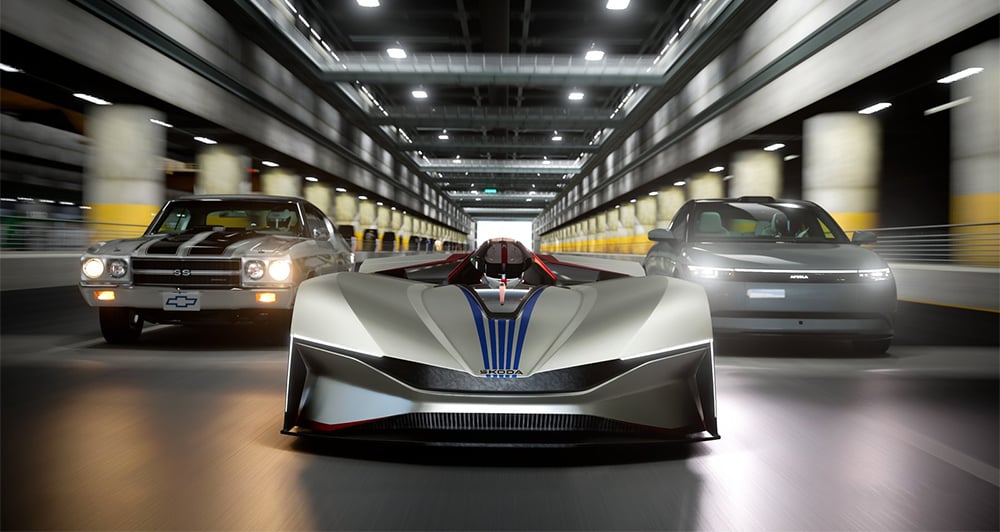
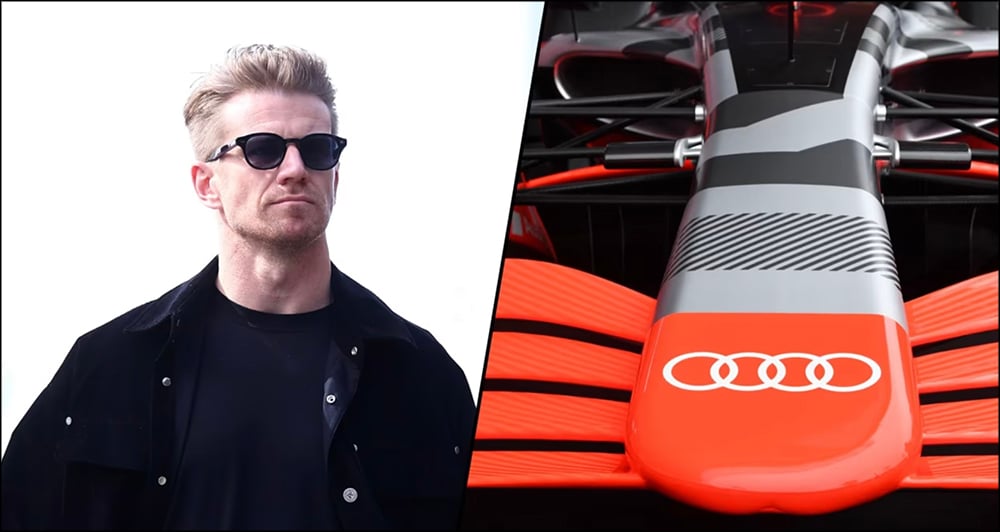
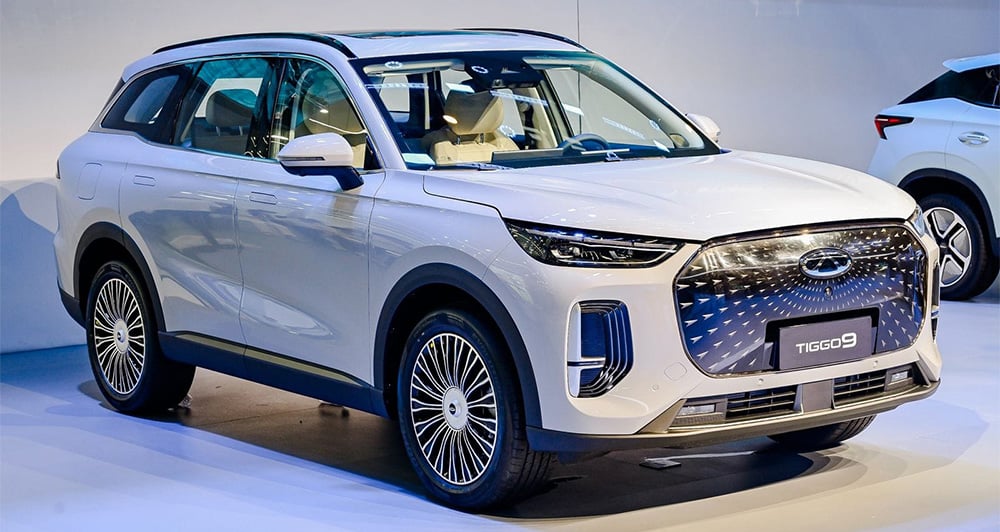
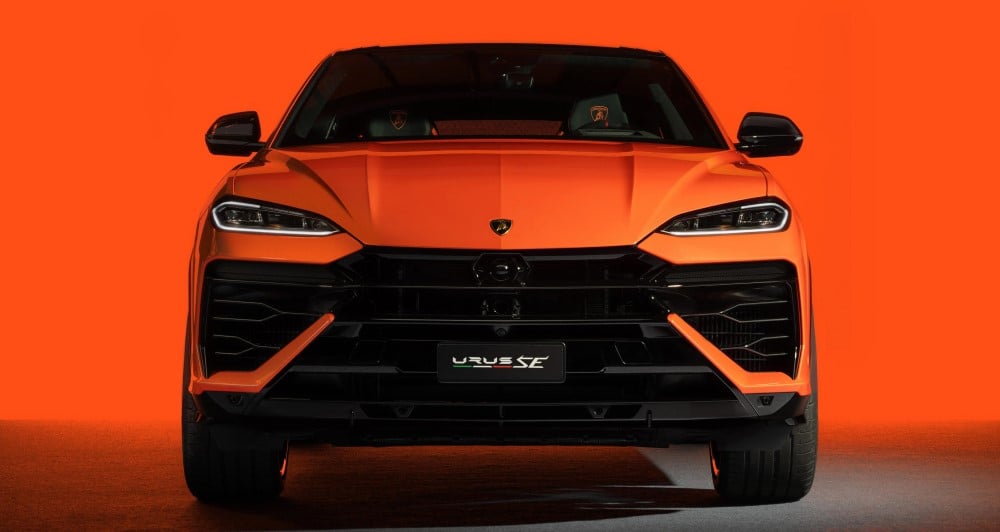
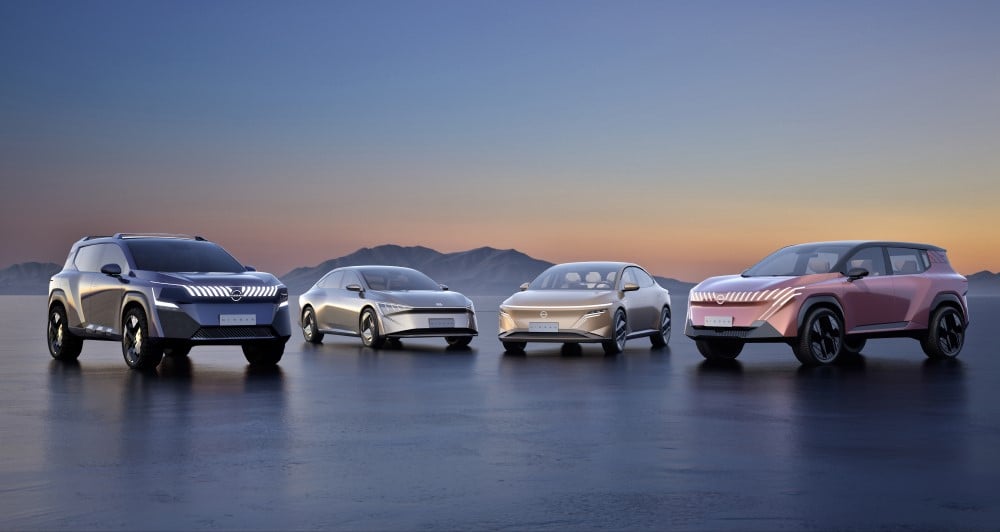
Comments